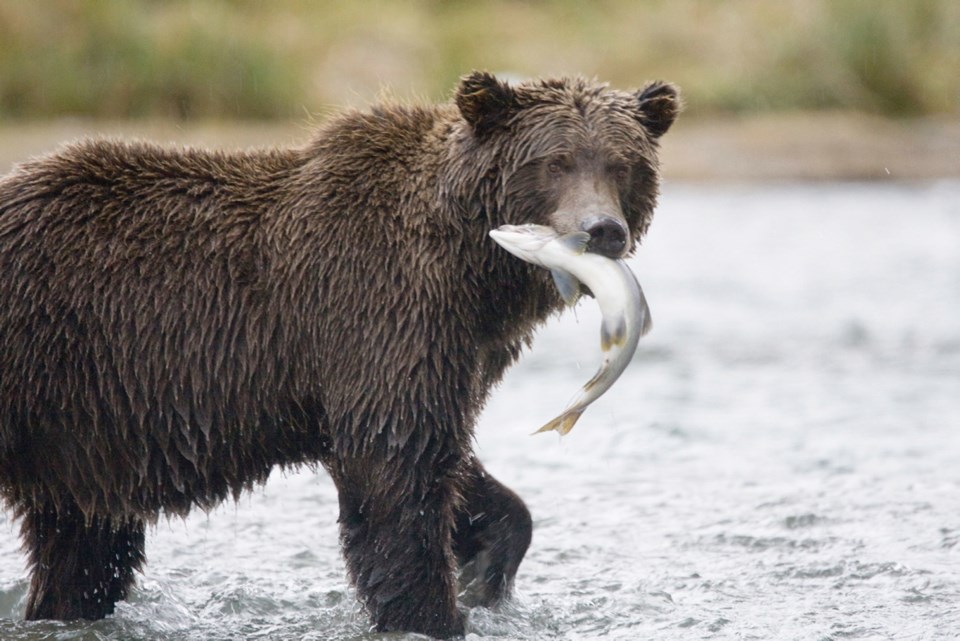We are facing a critical vote that could improve, perhaps substantially, the way British Columbia is governed, and, I hope, begin to reform the way we, the people, influence, even control, government decisions.
It occurred to me, during a recent interview regarding the social forces behind the province’s decision to place a partial moratorium on grizzly-bear hunting, that proportional representation might be likely to improve the environmental regulatory world now incapacitated by a “hurry-up,” damn-the-costs growth and consumption agenda.
A previous grizzly-bear-hunting moratorium was overturned by the corporate government of Gordon Campbell; he, like his successor Christy Clark, governed with only one measure of success: how many dollars could be extracted from public values and pocketed by special, private interests. Stuck with the first-past-the-post system now in place, I suspect today’s grizzly-hunt moratorium would again be reversed.
The threats today’s world faces — massive overconsumption of biological productivity to fuel corporate profits and satisfy extreme demands of almost every economic sector for more, more and even more — are partially driven by the greed and false urgency that has systematically gutted environmental-protection regulations and processes.
The foundational process necessary to shore up scientifically and socially sound regulation — environmental-impact assessment — has never had much traction in the province and is being further gutted. The unholy alliance of government and corporations know you can’t roar full-speed-ahead if people are given the time and analysis to consider the costs of industry destruction and consumption. But that’s what we are stuck with in this province.
Imagine a bank, or any industry, making decisions without considering costs. Only government gets away with it.
What proportional representation has a chance to do is slow the pace of government decision-making. This could slow the rapacious pace of industrialization consuming and destroying our public landscapes, watersheds and biological diversity such as forests, grizzly bears and salmon.
I am trying to be optimistic that it will help put a lid on the civil service and its freelancing of decision-making, all of which currently supports unrestrained private consumption of public ecological values, land and those resources our land at least attempts to shelter.
They have been able to do that because there are no regulatory or legal limits to their actions. We never know the costs of these giveaways until “our” paycheque shows up way, way short of what was promised.
I’m assuming that if 10 per cent (or 16 per cent) of the legislature consists of legislators who are not B.C. Liberal or NDP, everyone is going to have to be more accountable to the people. It holds the prospect of establishing extended minority governments, and that means more deliberative and negotiated, instead of “forced-down-our-throats,” decision-making. Seventy to 85 per cent of people (rural and urban) in the province supported no grizzly-bear hunting (the government built in an unscrupulous and devious fudge factor: Killing bears for meat is OK — in the year 2018 — really?).
Until citizens are able to get initiatives on the ballot whose decisions legally bind government, we are dependent upon achieving minority governments as we now have; these make for dangerous water should government choose to thwart the wishes of the vast majority and open the flood gates to killing grizzly bears for profit, fun, wall mounts and “industry.”
If this more deliberative approach to government decision-making can be applied to crushing environmental, social and economic decisions, similar to Site C, Mount Polley, and massive clear-cutting of forests, for example, then there are good things ahead under proportional representation.
Brian L. Horejsi, PhD, is a wildlife and forest ecologist. He writes about environmental affairs, public-resource management and governance and their entrenched legal and social bias.



